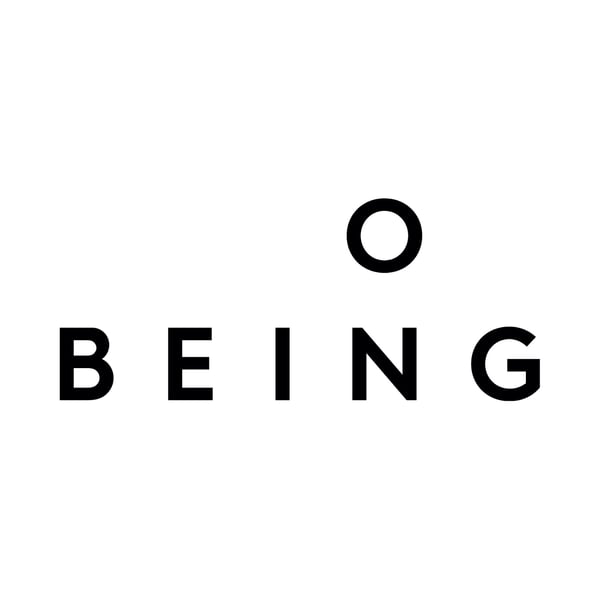Atul Gawande — On Mortality and Meaning
On Being with Krista Tippett
On Being Studios
4.7 • 10.2K Ratings
🗓️ 27 June 2024
⏱️ 63 minutes
🧾️ Download transcript
Summary
Transcript
Click on a timestamp to play from that location
| 0:00.0 | We are strange creatures. It's hard for us to speak about, let in the reality of frailty and death, |
| 0:08.0 | the elemental fact of mortality itself. In this century Western medicine has gradually moved away |
| 0:16.0 | from its understanding of death as a failure where care stops. Hospice has moved |
| 0:22.3 | from something rare to something expected. |
| 0:25.0 | And yet advances in technology make it ever harder for physicians and patients |
| 0:31.0 | to make a call to stop fighting death, |
| 0:35.0 | often at the expense of the quality of the last time of life. |
| 0:40.0 | Meanwhile, there's a new longevity industry which resists the very notion of decline, much less finitude. |
| 0:48.0 | Fascinatingly, the simple question which transformed the surgeon Atul Gowanda's life and his practice of medicine is this. |
| 0:58.1 | What does a good day look like? |
| 1:01.4 | As he has come to see, standing reverently before our mortality is an exercise in more |
| 1:07.4 | intricately inhabiting why we want to be alive. |
| 1:12.4 | This conversation evokes both grief and hope. Sadness at so many |
| 1:18.0 | deaths including our species-level losses to COVID that have not allowed for this measure of care. |
| 1:25.0 | Yet, it includes very actionable encouragement |
| 1:29.0 | towards the agency that is there to claim in our mortal oddices ahead. |
| 1:34.6 | I'm Krista Tippett, and this is on being. |
| 1:37.6 | Atul Gowanda's writing for the New Yorker magazine and his books have been read by millions, |
| 1:47.0 | most famously Being Mortal, Medicine and What Matters in the end. |
| 1:53.2 | He's currently serving as assistant administrator for global health at USAID. |
| 1:59.2 | When I interviewed him, he was practicing general and indocrine surgery at Brigham and Women's Hospital in Boston and also teaching at Harvard. |
| 2:10.0 | I think we can just dive in and do you have any questions for me before we start? |
... |
Please login to see the full transcript.
Disclaimer: The podcast and artwork embedded on this page are from On Being Studios, and are the property of its owner and not affiliated with or endorsed by Tapesearch.
Generated transcripts are the property of On Being Studios and are distributed freely under the Fair Use doctrine. Transcripts generated by Tapesearch are not guaranteed to be accurate.
Copyright © Tapesearch 2025.

